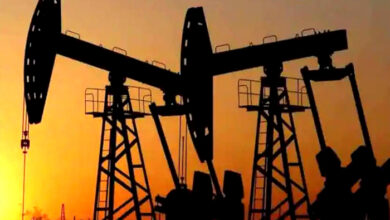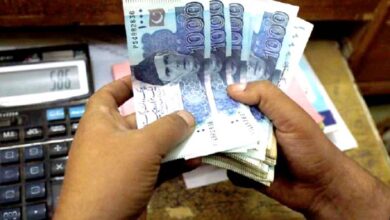Woodside sees little likelihood of a significant BHP shareholder sell-off.

Woodside (OTC: WOPEY) Petroleum does not anticipate significant selling by BHP Group (NYSE:BHP) investors if Woodside’s purchase of BHP’s petroleum unit goes through in June, according to the company’s chief executive.
On Thursday, Woodside shareholders will vote on a $40 billion merger that would create a top 10 worldwide independent oil and gas producer. BHP stockholders will have a 48% interest in the expanded Woodside Energy organization.
There have been fears that investors who now possess BHP shares but not Woodside shares may want to sell the Woodside shares they would get as part of the transaction.
O’Neill, on the other hand, said that her talks with BHP shareholders about the larger company’s expected returns, its capital management framework, and the health of its balance sheet were going “very well.”
Woodside has also been talking to U.S. investors to point out the differences between it and its independent U.S. competitors, who are mostly focused on shale production and oil, and its offshore oil and gas and liquefied natural gas (LNG) assets.
“We expect that the demand for Woodside shares will exceed the available supply at the end of the day.” Thus, we believe the flowback risk has substantially decreased, “O’Neill told reporters on the margins of the annual meeting of the Australian Petroleum Production and Exploration Association.
“However, I am aware that this is a significant deal. We are issuing a substantial number of new shares, so we anticipate some volatility in the next few months. However, I do not believe it will last.“
She said that only a tiny proportion of BHP shareholders reside in countries, such as South Africa, where they can not own Woodside shares.
If the deal goes through, Woodside will be in a good position to benefit from European and Asian customers looking for alternatives to Russian supplies that can’t be sold because of sanctions.
O’Neill told Reuters that the Ukraine situation had generated “a little more interest” in the business’s $4.6 billion Sangomar oil project in Senegal, where the company has been trying to sell its 82 percent ownership since July.
“Clearly, with commodity prices where they are, people see near-term potential in this asset,” she said.
When Sangomar starts up in 2023, it will make sour crude that is the same as the Urals oil that European refineries use.
“Therefore, we anticipate a great deal of interest from European refiners in the market for Senegalese grades,” O’Neill told Reuters.





